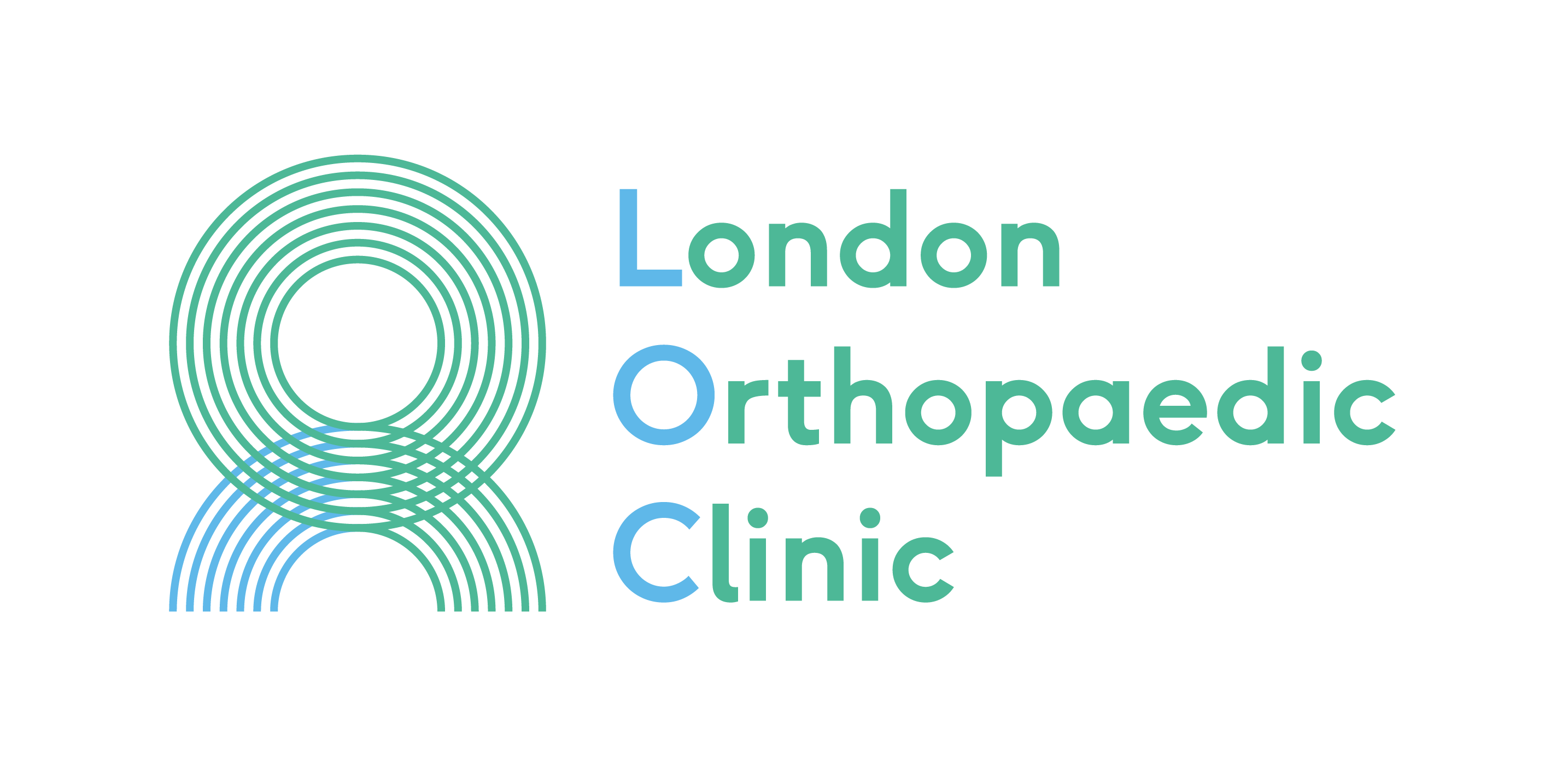Minimally-invasive Bunion Surgery
Bunions can cause pain, disfigurement and difficulty with choice of footwear. If conservative measures like pain-killers, proper footwear and orthotics haven’t helped, bunion surgery can reduce pain, decrease deformity and restore the toe to its correct position.
The London Orthopaedic Clinic’s foot and ankle Surgeons are experts in the surgical treatment of bunions. They operate in a minimally-invasive way to reduce scarring and speed-up recovery. Every foot is different and bunions can vary in shape and size. The Clinic’s experts offer individualised assessment and investigation, followed by surgery in leading-edge operating theatres.
The London Orthopaedic Clinic offers complete care, from first consultation to the day of discharge. Following your operation, a dedicated rehabilitation team will monitor your progress, help your healthy rehabilitation and support you as you get back on your feet.
What is a bunion?
The word bunion comes from the Greek for turnip, reflecting the appearance of the swollen, bony bump. Medically known as Hallux Valgus, a bunion is a painful bony deformity that develops in the big toe joint. Gradually, over time, pressure causes the big toe to drift towards the other toes. The altered alignment together withbone structure changes results in the characteristic bump. Bunions are a common problem, affecting up to one in three people.
Anyone can get bunions, but wearing high heels or tight, narrow or constrictive shoes increase the risk of bunions developing. The deformity is progressive, bunions can also become inflamed and painful. With time it can be increasingly difficult to put on shoes and getaround.For many people bunion pain can be eased by wearing wide, comfortable shoes withplenty of room for the toes.
Simple treatments like padding, toe spacers and other orthotic devices can also help relieve discomfort. However, if the pain is not controlled, is limiting your activities, making it difficult to walk or if the deformity could cause crossing of the toes, London Orthopaedic Clinic’s expert Orthopaedic Surgeons can operate to provide relief.
What is minimally-invasive bunion surgery?
Minimally invasive or ‘keyhole’ surgery is an innovative way of performing surgical procedures through small incisions. By operating in a minimally invasive way, London Orthopaedic Clinic’s expert surgeons can reduce surgical tissue damage and scarring, decrease risks and improve recovery time.
Surgery aims to relieve pain, realign the MTP joint at the base of the big toe and correct the deformity. Minimally invasive bunion surgery has benefits over traditional ‘open’ bunion operations. The tiny incisions reduce trauma to the skin and soft tissue so that patients have shorter surgery, less post-operative pain, reduced joint stiffness and an easier road to recovery.
What happens in minimally-invasive bunion surgery?
A range of surgical techniques can be performed to treat bunions. The right procedure will depend on the individual foot, the level of deformity and the impact it is having on your life. Your orthopaedic surgeon will make a thorough assessment of your feet, arrange imaging to get more detailed information about your bunion, and tailor surgery to your individual needs.
Complications of bunion surgery
All surgery carries risks. The expert Surgeons and wider team at the London Orthopaedic Clinic work to minimise complications and support a healthy and safe recovery.
Complications are uncommon but could include: infection, failure to heal, injury to nerves, recurrence of the angle of deformity and ongoing stiffness and pain in the bigtoe joint.
Before your operation, your Orthopaedic Consultant will discuss any potential problems, explain the careful measures that London Orthopaedic Clinic takes to minimise risk and take time to answer any of your concerns.
Recovery from minimally-invasive bunion surgery
Recovery after bunion surgery will depend on the specific procedure as well as your general health and wellbeing. Your specialist surgeon will work together with you andthe expert rehabilitation team to support healing and provide an individual plan of rest and recovery.
Rest and careful rehabilitation are vital following bunion surgery. The London Orthopaedic Clinic’s expert team will support you every step of the way. You will be given detailed guidance on dressing care, foot elevation, supportive footwear and an exercise programme to perform at home to reduce swelling, decrease stiffness and help healing. You will be able to fully weight bear from Day 1.
Your Consultant Surgeon will provide individual advice on when it is safe to return to work. In general, you can return after two weeks, if you have a sedentary job and canrest with your foot elevated to waist level.
If not, it’s sensible to take four weeks off. If you have a job which involves standing, walking or labouring you may need to be off for eight weeks. The team at London Orthopaedic Clinic will keep a close eye on your progress and advise you if it’s safe to return to normal activities at an earlier stage.

Why choose the London Orthopaedic Clinic?
The London Orthopaedic Clinic provides high-quality, expert orthopaedic and musculoskeletal care tailored to the individual needs of our patients. The Clinic is based at Mayo Clinic Healthcare, at the heart of London’s internationally renowned Harley Street medical district. London Orthopaedic Clinic offers cutting-edge diagnostics, treatment, management and personalised care, in a state-of-the-art clinic in central London.
The expert multi-disciplinary team of more than 20 leading specialists includes Orthopaedic Surgeons, Rheumatologists, Pain Management Consultants, allied specialists and Consultant Radiologists who work together to reduce pain, improve movement and make a real difference to patients’ lives.
The London Orthopaedic Clinic offers patients something truly unique: access to world-leading experts, high-tech diagnostics and the latest innovative treatments, together with the feeling of trust and safety of a small family practice.
Minimally-invasive bunion surgery costs
Minimally-invasive bunion surgery at the London Orthopaedic Clinic may be covered by your health insurance policy. Competitive packages are also available for patients who are self-funding. Contact a member of our friendly team on 020 7186 1000 or at info@londonorthopaedic.com to find out more.
